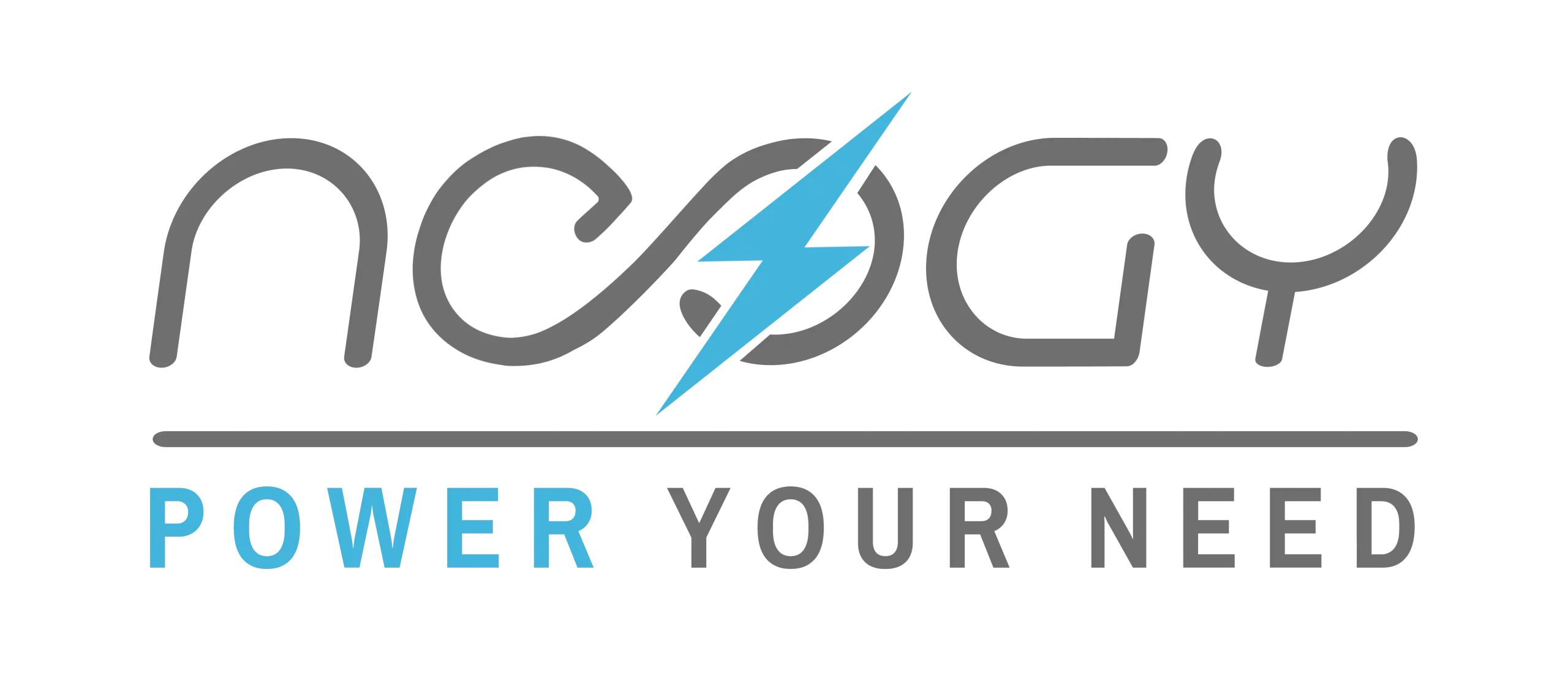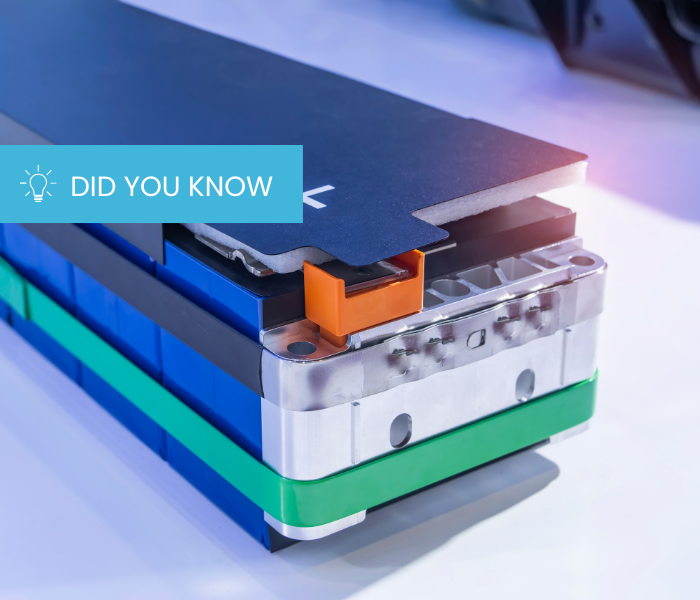In terms of lithium battery technologies, two types dominate the industry: NMC (Nickel-Manganese-Cobalt) and LFP (Lithium-Fer-Phosphate) lithium-ion batteries. These two chemistries offer distinct performances and are suitable for different uses. This guide explores their differences to help you understand which option to consider for your needs.
NMC and LFP lithium battery chemistry
NMC (Nickel-Manganese-Cobalt) lithium batteries
- Main components: Nickel, Manganese and Cobalt
- Nickel improves energy density, manganese offers structural stability, and cobalt enhances conductivity and service life.
- NMC batteries are lighter
LFP (Lithium-Fer-Phosphate) lithium battery
- Main components: Lithium, Iron and Phosphate
- The absence of cobalt and nickel makes these batteries more environmentally friendly and less costly to produce.
- LFP batteries are heavier
The difference in energy density between NMC and LFP lithium batteries
NMC lithium batteries
NMC batteries feature high energy density, meaning they can store more energy per unit weight or volume. This makes them a preferred choice for devices requiring long range, such as long-range electric vehicles (EVs). This energy density can be as high as around 230 Wh/kg.
LFP lithium batteries
LFP batteries offer a lower energy density (between 90 and 160Wh/kg), but their capacity remains sufficient for applications where range is less critical, such as urban electric vehicles or residential energy storage systems.
Lifetime and Load Cycles
Although efficient, NMC lithium batteries tend to lose capacity more quickly after many charge-discharge cycles, up to a maximum of around 1,000 charge-discharge cycles. LFP lithium batteries, on the other hand, stand out for their longer service life, a real asset for the longevity of the applications in which they are used. They can withstand more than 2,000 cycles, making them ideal for stationary applications or very long-term vehicle use.
Safety
LFP lithium batteries are renowned for their thermal and chemical stability, making them a much safer option, even under extreme conditions. This means, for example, that they are potentially less prone to thermal runaway. As far as NCM lithium batteries are concerned, they present a higher risk of overheating and thermal runaway, particularly under conditions of stress or overcharge. However, these risks are generally controlled by a robust BMS (battery management system), guaranteeing their safety.
What applications can NMC and LFP lithium batteries be used in?
NMC batteries
NCM lithium-ion batteries are recognized as one of the most advanced technologies on the market. Their growing popularity is based on a number of key advantages, notably their high energy density, their ability to withstand deep discharges and their light weight. They are used in a wide variety of applications, including:
- Electric vehicles
- Electronic devices (smartphones, laptops)
- Robots, especially drones and logistics robots
- Any application where energy density is crucial
LFP batteries
Lithium-iron-phosphate batteries are mainly chosen for industrial applications. They are characterized by good stability, a high level of safety and remarkable resistance to repeated charging and discharging cycles, making them suitable for applications requiring a long service life, such as :
- Renewable energy storage systems (solar batteries)
- Industrial applications
In conclusion, the important thing to remember is that these two lithium sub-categories are not mutually exclusive. The choice between NMC and LFP lithium depends on your specific needs: Are you looking for more performance? More autonomy? Do you want your application to be used over the long term?
If you’re looking for autonomy and energy density, NMC batteries may be an interesting option. However, if you’re looking for a durable, affordable and safer solution, LFP batteries may be a better choice. It’s important to note, however, that for both types of battery, and depending on your needs, a balance is sought to guarantee a suitable, high-performance solution.
As experts in lithium battery development, Neogy can help you choose the lithium sub-category best suited to your needs and your project. Our design office analyzes all the details of your specifications to propose the most optimal solution.
Contact us to find out more about our support and batteries.

